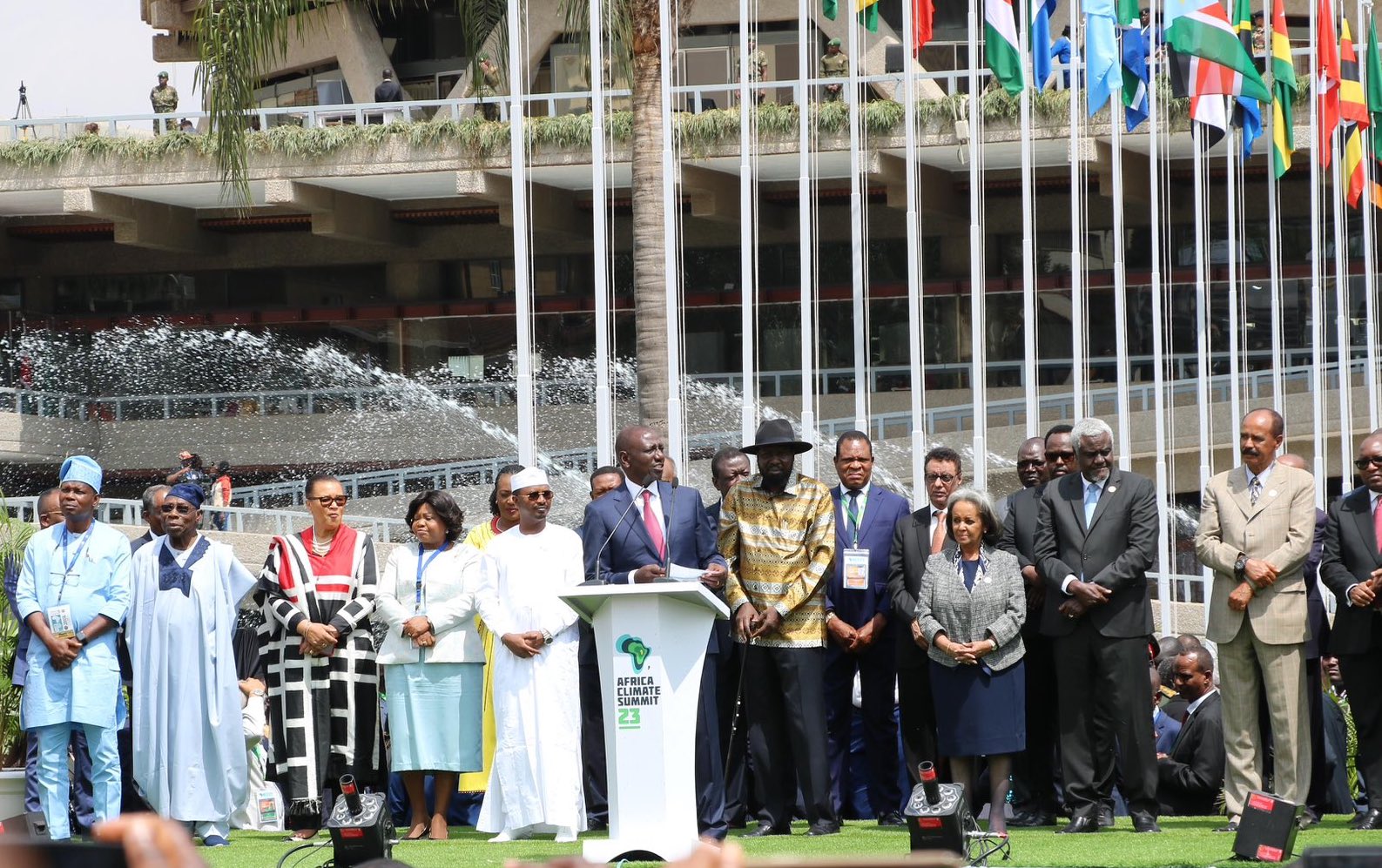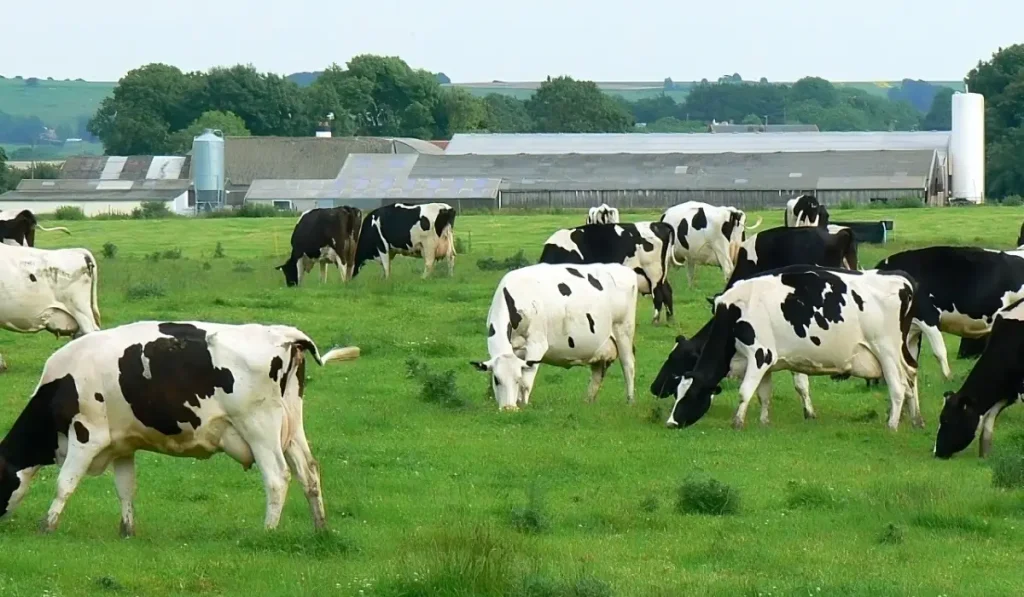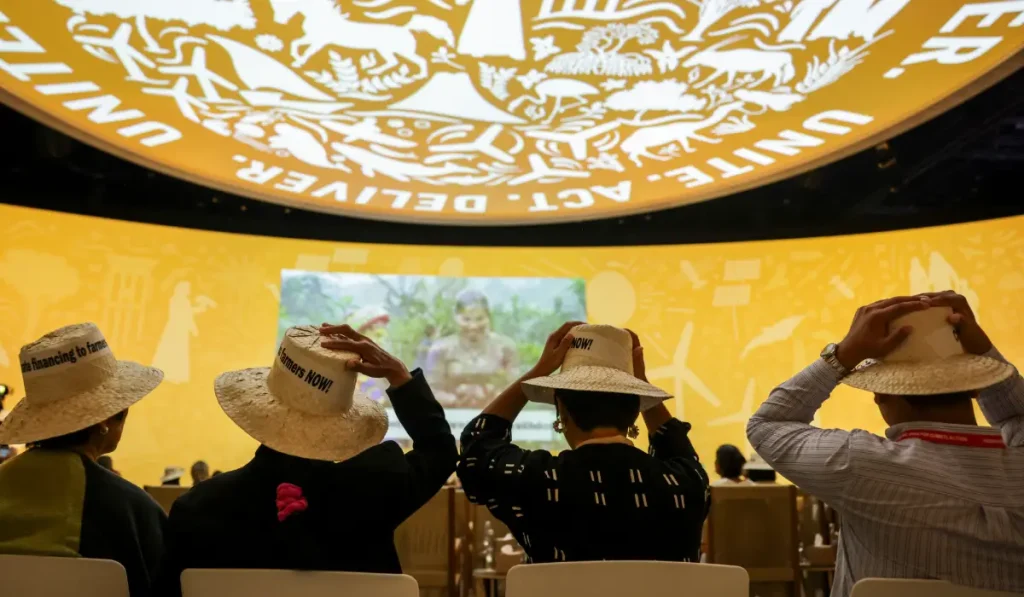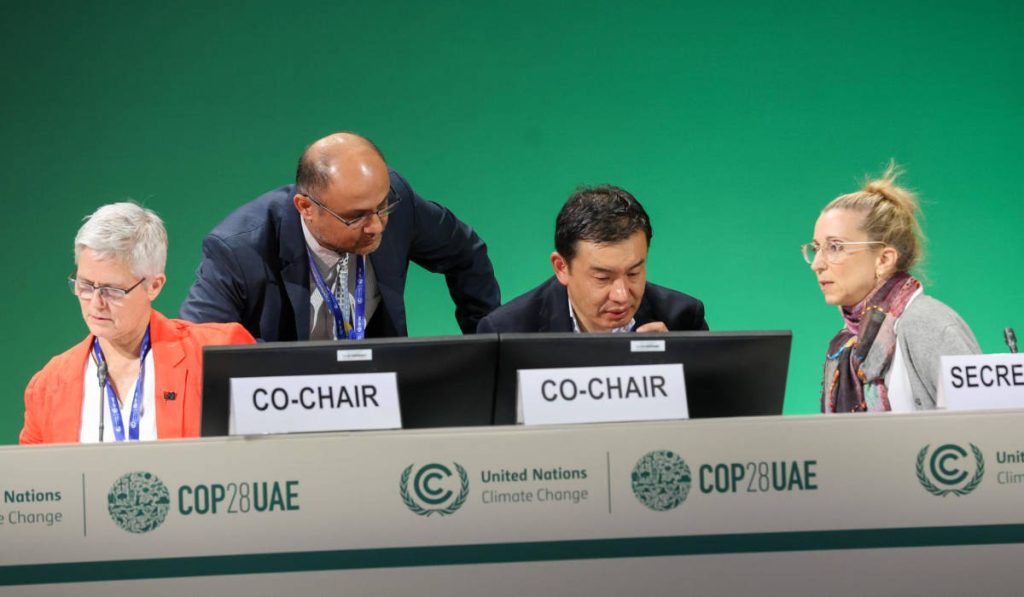It is quite a feat to host the first major international climate summit led by leaders of the global South. What are your thoughts on the outcomes of the Africa Climate Summit and your key takeaways?
It was a very successful Summit and we are very grateful to all of the attendees for coming. President Ruto reached out to so many organisations, global leaders, and intergovernmental agencies, philanthropies, and the private sector to attend, and we received a significant turn-out of many actors from across the different sectors, for which we are very grateful. The Summit and related African Climate Week had approximately 28 000 attendees, with 10 000 from outside Kenya, which is no mean feat. African leadership was represented at levels of Heads of State, with 15 Presidents attending, and 17 Vice Presidents. The fact that the African leadership came to discuss climate action separately from other international meetings, was also a highly positive outcome.
One of the key takeaways from the Summit was the re-framing of climate and Africa. The discussion marked a shift from past discussions on the extent to which Africa has been a small emitter, its vulnerabilities and demands for support from the rest of the world, to one where Africa comes forward and says: we have solutions, we want to lead and be part of the solution. To me that is the biggest achievement, for Africa to say we are looking for solutions, we have part of the solution and we are looking to lead on them.
The Summit took place in addition to a number of other African meetings on climate, including those of the AGN, CAHOSCC, and of course President Ruto played an important leadership role in those. The summit Declaration has resonance with some of those positions. Coming out of the Summit, what are some of the bigger new developments from an African perspective going into COP28?
As for the negotiations, one of the main things that needs to be taken forward, which was initiated at COP27, is the financial reform agenda. This is not necessarily a climate issue as the reform process is being addressed in different arenas, such as the UN Summit. The outcome can, however, contribute to climate action, access to finance, the scale of finance, its stability, and of course the cost of finance and the reform agenda is something that African countries are looking to push in a significant way. The other issue related to that, is the source of finance, its capitalisation. Generally we have been speaking about Annex I [developed] countries being contributors to any financial support or contribution that is required. The Nairobi Declaration rather says: why don’t we explore other opportunities and measures to explore climate action at scale? We approached the issue of carbon taxation, levies from emitting sectors like aviation and shipping and there are other possibilities which do not necessarily relate to emissions such as financial transaction taxes (FTT). These measures are not entirely African innovations, but we are saying this is the type of new financing that can help the world attain the scale and level of climate action required and we are willing to participate in them. These were some of the major achievements that we hope to take forward to COP28.
Another notable achievement is around the need for investments in Africa. You will see in the Declaration and related documentation that Africa is calling for at least 300 GW of renewable energy. This is what we are hoping the world can contribute by investing in Africa to minimise the global emissions trajectory.
Yes and that priority ties in with the priorities of the COP28 Presidency around renewable energy. For Africa that would be a fivefold increase in renewable energy by 2030, which is considerably more than the G20’s ambition for tripling renewable energy.
On carbon pricing, were countries uniformly on board with the proposal, especially the more emission intense countries in Africa? Or is the expectation for more developed countries to take the lead on this?
Any taxation is not an easy discussion, especially for countries that are currently struggling with heavy debt burdens. Therefore, there were a number of questions asked by some African countries on the issue of carbon taxation. But, after a healthy and transparent discussion between leaders, we agreed it was something to explore. Ultimately, it will be the larger carbon emitters and countries that will be paying more, but we must be seen to be ready and willing to be part of the solution. While there were some that raised concerns, that was to be expected, as citizens across the world are understandably skeptical of further taxation.
I read about a proposal for a new Climate Finance Charter at the UNGA and COP Processes. What are your hopes that the Charter will achieve?
The current financial architecture has served its purpose and was put in place for different global circumstances. The problems we find ourselves presented with as a global community, exacerbated by climate crises, however, are very different. There is certainly a need to reform and change the international financial architecture. Is the form of the existing institutions which were established for a different scenario and purpose appropriate, and can they alone achieve that? I think there is a feeling that this is not possible, and it may be necessary to pursue a complete restructuring. We are proposing that we look at new infrastructure to respond to the magnitude of the challenge. This is neither quick nor easy, it requires detailed processes, one of which is to establish the principles and issues that need to be addressed, which can be captured in the form of a Charter. For this reason, we propose that a Charter discussion commences next year at the UNGA and within the COP, with the hope of reaching an understanding at the multilateral level by 2025. As such, let us begin the discussion on what exactly a financial mechanism for the world should be to tackle the unprecedented challenges we face as a new world order.
Just Transitions are mentioned in the Declaration, but mindful of current challenges faced in South Africa, Indonesia and Senegal on this topic, did Just Transitions feature prominently in the negotiations?
On the continent, there are a limited number of countries that are prioritising and involved in the Just Transition from an emissions perspective. But the Just Transition is not just for countries that are heavy fossil fuel producers, we need a Just Transition for adaptation, finance and for energy. So Just Transitions were discussed broadly. Looking more generally, we approached Just Transitions as the need for Africa to tap into its huge renewable energy potential and transition to the right framework, for Africa to be a global player in the market and to adapt as well.
What was the sentiment at the Summit on Loss and Damage?
Loss and damage is an important thing and it is a great achievement for the global south and Africa that a loss and damage fund was agreed to. Our hope and emphasis is that the fund will be operationalised by COP28. But whether it is a liability that a particular country or countries must be held accountable for or not, these are things that we need to avoid and remain guided by the outcomes and decisions of the multilateral spaces. Loss and damage support is something that has been approved, and we require that the agreement, as reached at international meetings, be implemented, so that the lack of trust that continues to bedevil the climate discourse is minimised. Because it is the lack of implementation of obligations that tends to create a lack of trust. What we really collectively require is that all of us, communities and nations, work together to address the challenges of the world.
I can see the Summit was very orientated towards relationship and trust building and narrative framing, and that the Declaration tries to further that. Do you have any final thoughts on the Summit and its outcomes?
Overall, it is important to emphasize that Africa, at the highest level of its leadership, is fully committed towards climate action that is going to help the continent grow, to help meet the needs of the growing population. As you will have seen we are 1.2 billion people now, we will be 40% of the world’s workforce by 2050 or thereabout. As we grow, Africa needs partnerships and the right investments for us to avoid the growth trajectory that has led us to where we are as a global community. Support for Africa’s ambitions is really critical.
Our thanks to Ali Mohamed and his team for this interview, which has been edited for clarity.





